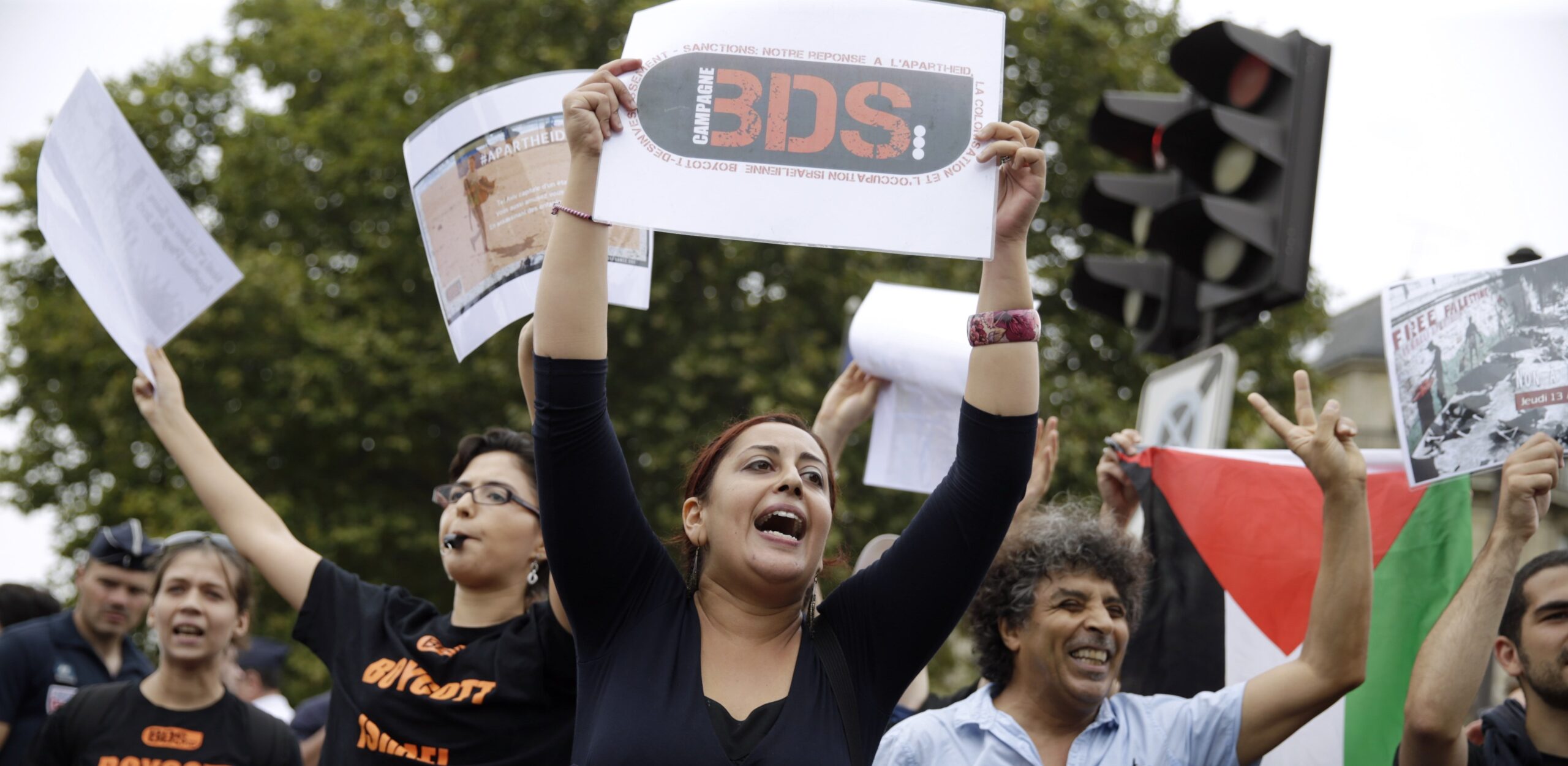In 2012, Social Text published a Periscope dossier on Palestine by a delegation of American Studies scholars to Palestine organized by USACBI. The following year, the first academic boycott resolutions were passed by the Association of Asian American Studies and the American Studies Association, watershed moment for the BDS movement in the US. Since then, an increasing number of academic and cultural boycott resolutions and acts have passed in the US, as well as in other parts of the world, propelling and marking what is undoubtedly a growing and vigorous international movement of solidarity with the struggle of Palestinians against the conditions of settler colonialism and apartheid they are forced to endure, if they are to survive at all. This international solidarity movement is a committed response to the 2005 call made by over 170 organizations of Palestinian civil society for international civil society and people of conscience everywhere to participate in the Boycott, Divestment, and Sanctions (BDS) campaign against Israel until the latter complies with the following demands:
• End Israel’s occupation and colonization of all Arab lands occupied in June 1967 and dismantle the Wall;
• Recognize the fundamental rights of the Arab-Palestinian citizens of Israel to full equality;
• Respect, protect, and promote the rights of Palestinian refugees to return to their homes and properties as stipulated in UN resolution 194.
The above three objectives have served as guiding principles of local campaigns in the international BDS movement as it continues to expand in and through radical anti-racist, feminist, queer, and anti-capitalist political struggles committed to a project of global decolonization.
In reaction to the political successes of the boycott movement over the last few years, racist, Zionist, and liberal, as well as conservative, forces have launched some of the most vicious forms of censorship, repression, harassment, and intimidation targeting individuals, groups, and organizations involved in the solidarity movement. The attacks have proven the political significance of the movement (understood by Israel as posing a threat to its existence), yet at the same time have also had serious, detrimental consequences for the lives of those targeted, and to some extent for the movement as a whole. Meanwhile, critiques of the movement from progressive quarters both within and without, on issues of strategy as well as analysis, compel thoughtful consideration of the struggle at this current political conjuncture.
For this Periscope dossier on the academic boycott, we asked scholar-activists involved in the solidarity movement from within different contexts of social struggle to address the question of how the BDS movement, and the academic boycott in particular, might go forward. What political potentials should be strengthened and developed further, and how? How can we take stock of the solidarity movement’s political accomplishments and challenges, and how might we forge a political vision of where to go from here? The resulting essays are not only rigorous political analyses of the BDS movement and the social and historical contexts out of which it has arisen and currently operates, but also challenging political visions of where it might be headed and towards which we should be striving.
As some of the essays here argue, meeting the three principles has radical political implications for Palestinian liberation as well as for the social struggles of other oppressed, exploited, and marginalized peoples committed to this solidarity movement. Sunaina Maira highlights the significance of the boycott for struggles within the US, in particular against the neoliberal, imperial, and settler university. She sees academic boycott and BDS as promoting and actualizing a radical vision of emancipation, linked to a politics of refusal and, ultimately, decolonization. Salma Musa foregrounds anti-colonialism as the central political genealogy for the boycott. Within this framework, she argues, we are able to better recognize histories that have been elided in current debates about BDS, including the movement’s direct ties to anti-apartheid struggles. Haidar Eid points out that as a strategy of de-normalization of settler-colonialism and apartheid, the academic boycott movement is proving to be a radical strategy of decolonization in the wake of the betrayals of Palestinian liberation made possible by the Oslo Accords. Both Musa and Eid underscore the importance of BDS for indigenous Palestinian struggle as well as Third World internationalist struggles for decolonization. Kristian Davis Bailey argues for the important political potential that the boycott movement bears for anti-racist and anti-colonial organizing in the US, and, in turn, for the importance of organizing for the liberation of oppressed peoples in the US for creating the optimal conditions for Palestinians to achieve their own liberation. Bailey suggests interconnections that need to be developed further to advance a joint struggle, including links between justice systems predicated on racial and colonial violence, political incarceration as a shared strategy of race and class war, settler-colonial displacement of indigenous peoples and the economic displacement of Black and brown people through gentrification in the US. Robin D. G. Kelley provides a historical and political analysis of Black-Palestinian solidarity in the face of the challenges posed by charges of Palestinian anti-Black racism and Black anti-Arab racism and Islamophobia circulating on the internet. Kelley argues for the fundamentally anti-racist political stance that the boycott movement both stands for and requires, as a central, basic principle for resisting injustice everywhere. Finally, Steven Salaita views the academic boycott movement as a site of principled decolonial activity. What he sees is a movement that must always remain attentive to local conditions, and in this way always anchored to questions of justice, no matter how global the movement becomes. Ultimately, what will spell the future of the boycott movement is precisely its capacity to negate the very conditions that now justify its existence. In this way, we might say, the future of the BDS movement is global revolution.


